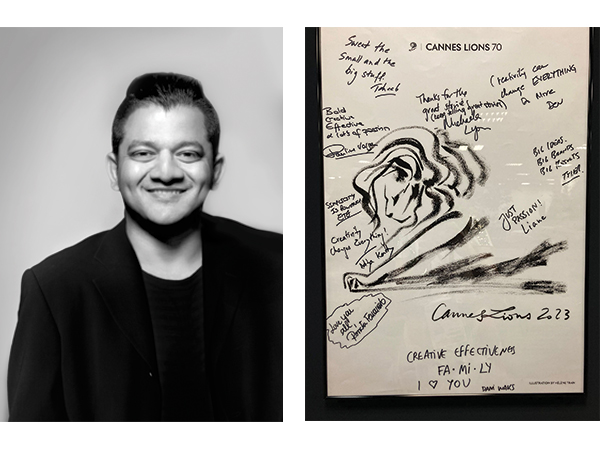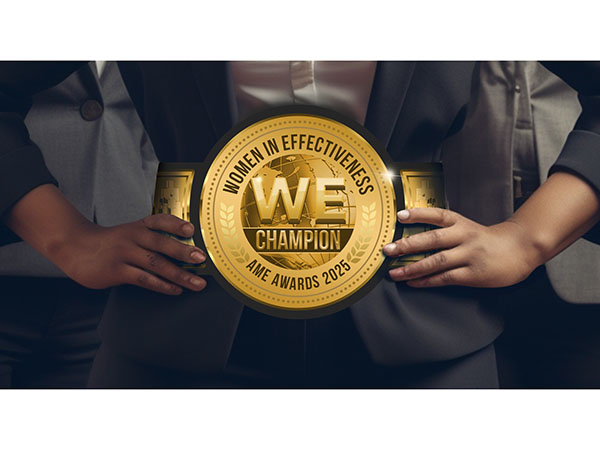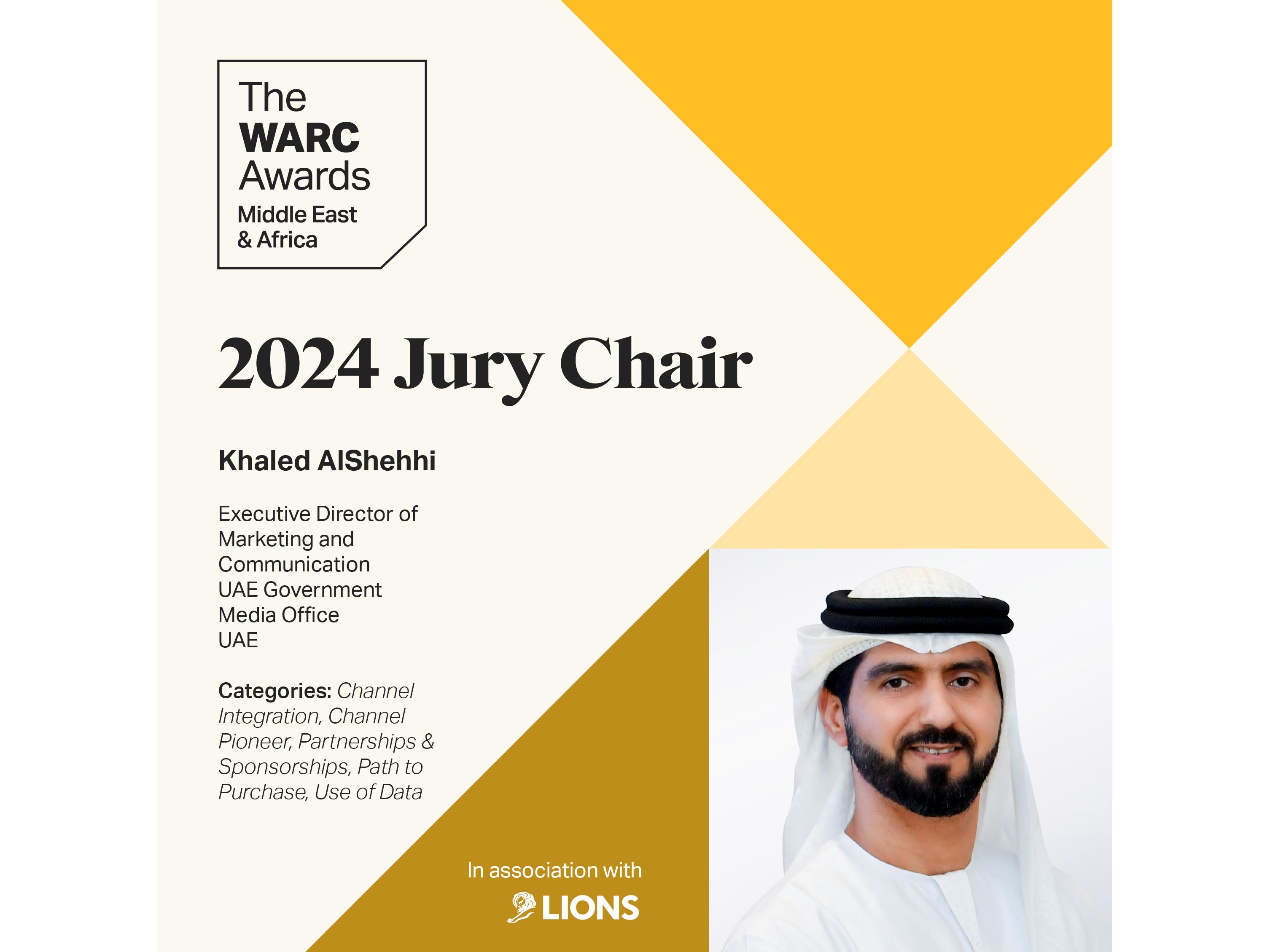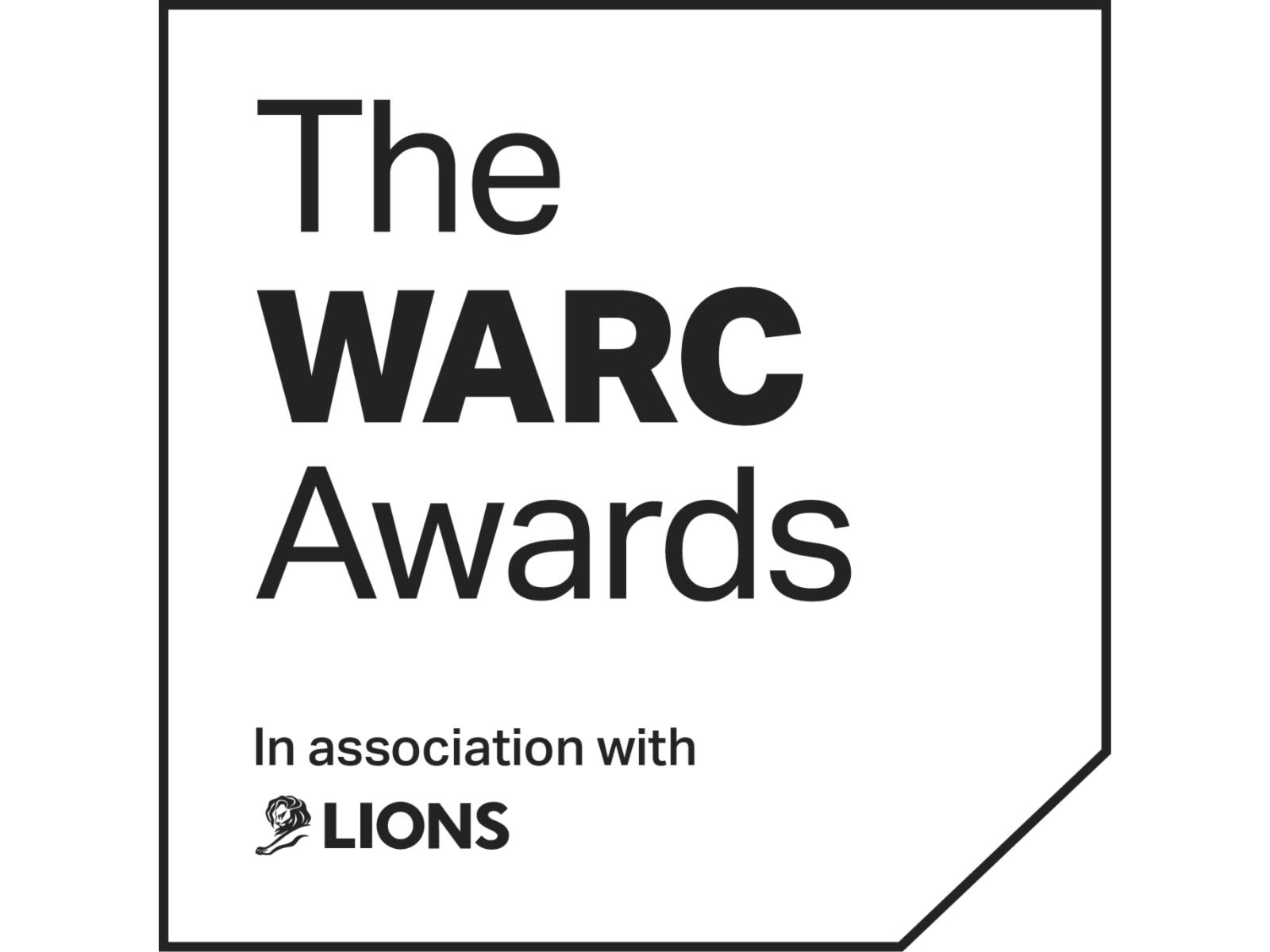News - Advertising
Tahaab Rais: ‘The ideal agency has strategy at its core’
by Iain Akerman
September 6, 2023
.jpg) Advertisement
AdvertisementWhen Tahaab Rais joined the creative effectiveness jury at Cannes in June, he was the first person from the region to ever do so. Understandably delighted, he viewed his position on the jury as both a privilege and a responsibility, soaking up the atmosphere at the Palais des Festivals and revelling in the experience of judging some of the best work in the world.
Now he’s sitting opposite me at Attiko Dubai, discussing that experience. “What was very interesting to see is how that best work, as an effectiveness entry, probably wasn’t as strong as a creative entry,” he says. “And that’s something which was enlightening to see. There was such a stark disparity between how it won a grand prix at Cannes the year before and, when viewed through an effectiveness lens, was extremely poorly packaged. And that comes down to, not the work itself, but probably the way the entries were positioned and launched to the judges.”
All of the entries had to have either won at Cannes or been shortlisted in the previous four years to be eligible. Some had won top honours, including the eventual grand prix winner, Cadbury’s ‘Shah Rukh Khan-My-Ad’, which had won a titanium Lion in 2022. However, some winners from the previous year – judged predominantly on idea, craft and execution – were not as effective as they should have been considering the awards received.
“We had this discussion in the jury room,” admits Rais, Publicis Groupe’s chief strategy officer for the Middle East and Turkey. “The entire conversation was about how can we judge the work of other judges. A grand prix in entertainment, for instance, was great for entertainment, but when looked at through the lens of creative effectiveness we had to be very conscious of what we were awarding. Because the parameters for effectiveness are very different to the parameters for entertainment. Is it really effective? Are the results matching up to the objectives? Has the due diligence been done? The ones that stood out were those that answered those questions well.”
Effectiveness is when an agency can prove a campaign has had an unreasonable impact on a business or brand, believes Rais. That impact can be measured in different ways. There’s earned media (likes, shares, views etc) and what Rais refers to as an influential idea. Then there’s behavioural change (has a piece of work impacted brand sentiment and perceptions towards adoption) and brand effectiveness (has a brand grown when it comes to key attributes). Commercial effectiveness (the impact on sales volume and sales value) and cultural effectiveness (impact on culture or society) should also be taken into account.
“The best do a lot of these things together. Some of them do certain things beautifully as well,” says Rais, who joined Publicis Groupe from FP7 McCann in early 2022. “So I think we’ve got to be a bit more open in our definition of effectiveness and also how we define effectiveness when it comes to the work that we package and put into award shows.”
Shortlists from the Middle East and North Africa were conspicuous by their absence. Not even Adidas’ ‘Liquid Billboard’, which won the outdoor grand prix last year, made the cut. Why? According to Rais, who spoke with other jury members during the festival, it was unclear what other brand communication may have been taking place at the same time and could therefore have impacted the campaign’s results. They also felt the results needed much more diligence behind them. Similar failings no doubt affected other regional entries.
What’s the answer?
“We need an agency’s strategists to have an equal share in the conversation with their creative partners,” replies Rais. “And there needs to be a stronger partnership between them. For me, wherever I’ve worked, I’ve had very strong partnerships with the creative folks, or at least I believe I have, so we sit and plan entries together. For example, we’re entering The Loeries now. We’ve looked at which categories we can enter and which ones make sense. I think when strategists have that place at the table – and they need to earn that place at the table by showing their value – that is when they’ll begin to have their say. I don’t believe a lot of strategists have been involved in the process of deciding what goes into Cannes.”
“A lot of agencies tend to skew more towards the creative side, which is right, but the ideal agency is also the one that has strategy at its core. I don’t think enough agencies do that.”
Believability is also key. There is, unfortunately, a regional tendency to exaggerate, sometimes extraordinarily so. As Seyoan Vela, the chief creative officer of LivingRoom, noted during the Dubai Lynx, some of the claimed results were preposterous. “A massive sales rise from a filter that appeared on social; campaigns that claim to have resulted in laws being changed,” he noted in disbelief. An-Nahar’s ‘Elections Edition’, which won the print and publishing grand prix at Cannes in 2022 and was entered into the creative effectiveness category this year, even claimed to have saved democracy. No one believes such claims, yet similar assertions continue to be made at awards shows across the world.
Even agencies behind some of the shortlisted work struggled, or failed, to prove the effectiveness of their campaigns. When questions were sent by the judges to shortlisted agencies, requesting they provide proof of the legitimacy of their claimed results, some produced the necessary evidence, some could not. Some didn’t even respond. “A lot of us are strategists and clients, so we are automatically very, very consciously cynical about the work,” says Rais. “For example, let’s say sales grew by 105 per cent. From where to where did it increase? What’s the financial context behind it? What’s the category context behind it?”
Failing to respond to a jury’s questions does not imply agencies are actively seeking to mislead jurors, believes Rais. There simply may be insufficient depth to the data. “Some of them just don’t have that rigour behind the data because sometimes clients don’t give you enough data, or you can’t access it because of confidentiality,” he explains. “So they’re not able to prove how it’s working. To us as a jury, what was very important was setting a benchmark for effectiveness, in terms of what [we as an industry] need to be looking at. And I think we need to put a bit more rigour behind that category.”
So where now, especially for the region? Rais chooses to be positively provocative.
“A lot of agencies tend to skew more towards the creative side, which is right, but the ideal agency is also the one that has strategy at its core,” he says. “I don’t think enough agencies do that. And because there’s less focus on strategy, both in terms of making sure they’re involved but also in terms of having enough strategists, strategy teams are so small they’re spread thin. There’s only so much time these poor people have to put the effort in, to put the rigour in, to work with clients, to win over clients, to win their trust. It takes effort, it takes time and there are not enough of us. And that’s my plea: focus on strategy, help your strategists, scope better for strategy financially so you can get more people, and make them involved in the process. Because when strategy is empowered in an agency effectiveness grows.”



.jpg)





.jpg)




